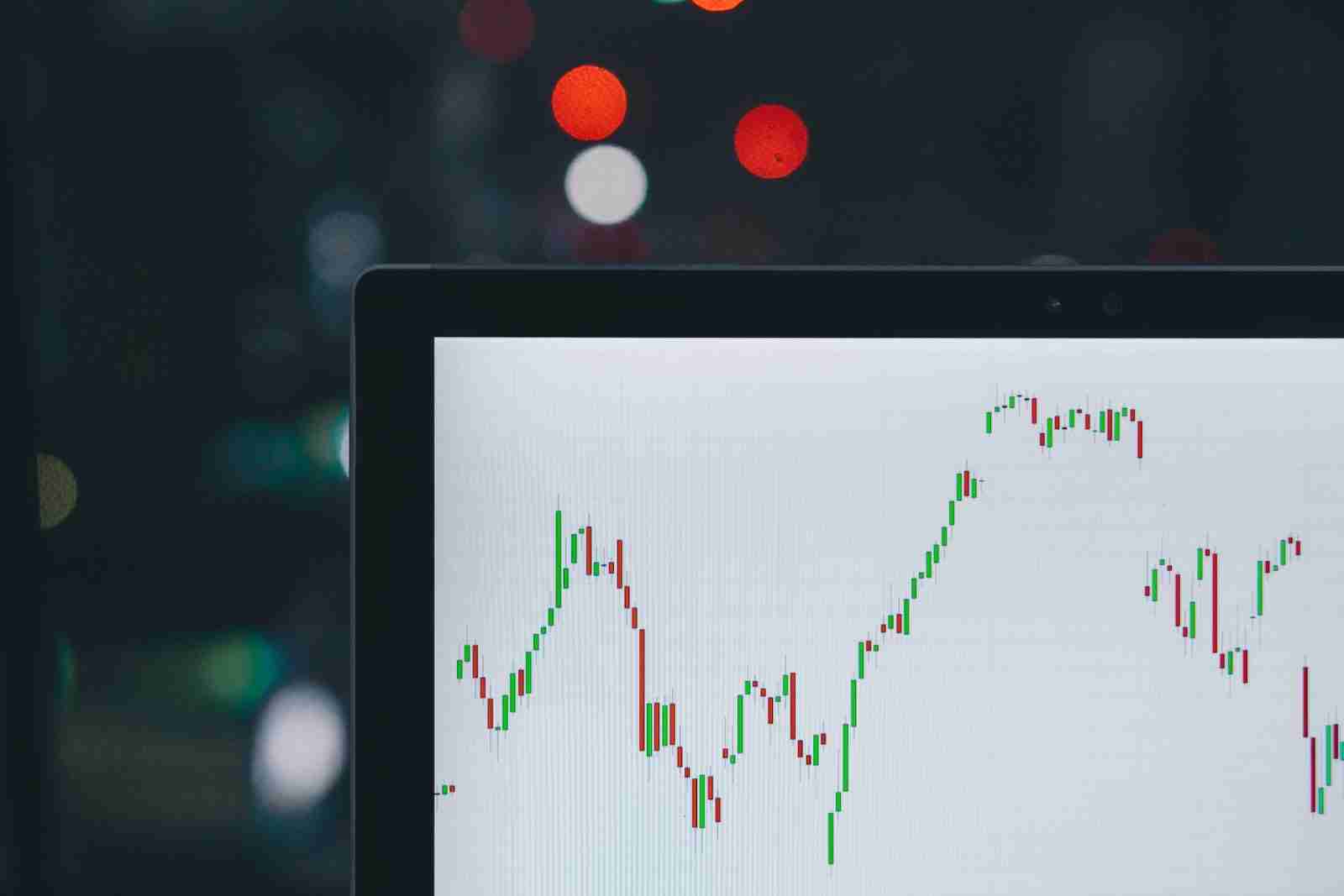)
Misbehaving by Richard H. Thaler
Alex Brown’s Book Review: Misbehaving by Richard Thaler arguably the pioneer of Behavioural Economics.

"A Great Read especially for its day"
This book is a recommended read for marketers, insight professionals and, in general anyone interested in human behaviour and decision-making.
About Richard Thaler
Richard Thaler is an American economist and the Charles R. Walgreen Distinguished Service Professor of Behavioural Science and Economics at the University of Chicago Booth School of Business. In 2015, Thaler was president of the American Economic Association. Thaler is a theorist in behavioural economics and has collaborated with Daniel Kahneman, Amos Tversky, and others on multiple occasions in further defining that field.
. In 2017, he won the Nobel Memorial Prize in Economic Sciences for his contributions to behavioural economics. A year later, in 2018, he was elected a member in the National Academy of Sciences
Outline of the book
The book chronicles the rise of behavioural economics, the story of how psychology improved understanding of economics and decision making. While the early part of Misbehaving presents behavioural economics as something of a rebellion, the discipline becomes more established by the end of the book. The book also offers an excellent introduction to many concepts in economics and in particular the two-founding anchors of economic theory: optimisations and equilibrium. The starting premise of the book is that humans are irrational and will, therefore, misbehave so traditional economic theory is irrelevant.
Misbehaving – The Making of Behavioural Economics – outlines the battles Richard faced in developing behavioural economics and can be seen as a story of power and entrenched interests. The book borders on being a biography of Richard’s career and can also be classified as a book on the history of behavioural economics.

Key points
Homo Economicus
Richard sets the tone for the book with the birth of the “Homo Economicus” and also the wit which the rest of the book followed. He says economists have replaced homo sapiens with a fictional creature called the ‘Homo economicus” and continues to shorten this to “Econs”. His point is a valid one that Econs have been created by economists to be rational and will always make the best logical decision considering all information available and all alternatives available. However, he argues that: “Humans do a lot of misbehaving and that means the economic models make a lot of bad predictions”.
The primary reason for adding humans to economic theory is to improve the accuracy of the predictions. Still it also makes economics interesting: “Behavioural economics is more interesting and more fun than regular economics. It is the un-dismal science”
However, Richard is at pains to stress that we do not need to throw out everything we know about how economies and markets work. But we do need to stop inventing abstract models that describe the behaviour of imaginary Econs and start paying attention to those “supposedly irrelevant factors” (SIFs).
Mental Accounting
The second part of the book concentrates on what behavioural economists refer to as ‘mental accounting’ although Richard started off referring to it as ‘psychological accounting’. Richard firstly looks at Opportunity Cost Theory and concludes that while Econs take decisions by analysing all possible alternatives, in reality, humans cannot compute infinite alternatives and, at most, they will select a couple to choose from.
Humans don’t just think in terms of number and utility maximisation, but also take into account the perceived quality of the deal. Transaction utility explains why people sometimes never buy something that would give them great memories for a lifetime. Because, irrationally, they feel it’s not a good deal and they don’t want to live with the feeling of having overpaid. On the other hand, we often buy stuff that we won’t even use because we feel it’s a great bargain. This is the reason why shops always fake sales: to give people the feeling they are getting a bargain. Econs instead would never experience transaction utility.
Placebo Effect
Over the next part of the book Richard continues on his attack of the weaknesses of economic theories with comes up with more examples and proofs that humans are not rational decision-makers.
Richard also tackles what he refers to the field where the “homo economicus” was strongest and most entrenched, the financial markets. With all the big banks and all the money at stake, financial markets had to be efficient. So if psychology and behaviour finance could prove financial markets to be irrational, then the evidence could not be ignored anymore. And he provides plenty of examples to show how irrational financial markets are.
The book then enters into the present day and explores how behavioural economics is impacting all of our lives and entertainment. Richard covers off two popular game shows, Deal or No Deal and Golden Balls, and explores the psychological experiment behind the two shows. Both shows demonstrate the irrational behaviour of humans and bring behavioural economics to life.
Conclusions
It is an excellent book to read. Richard writes with a lot of energy and you can get a sense of the passion he has for behavioural economics and the battle to get behavioural economics to be seen as a serious science of human behaviour. It is not your traditional academic book, more of a novel which keeps the reader engaged.
Whilst the start of the book may feel like an anti-traditional economist bashing, the book does intelligently tackle the shortcomings in traditional economic thinking and has some very interesting examples. You don’t have to be an economist to understand the theories Richard explores, as he explains them very well.
I would recommend everyone to read this and well-done Richard for breaking the mould and writing an engaging ‘academic’ book.

)
)